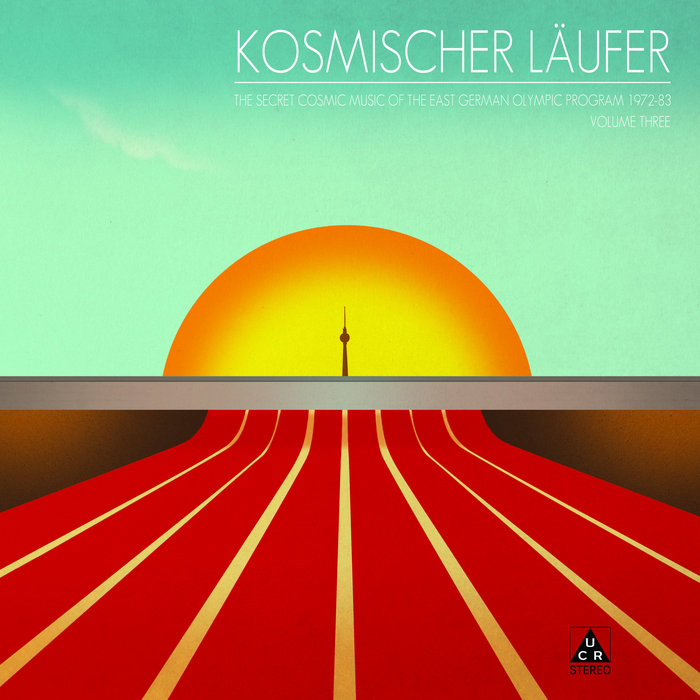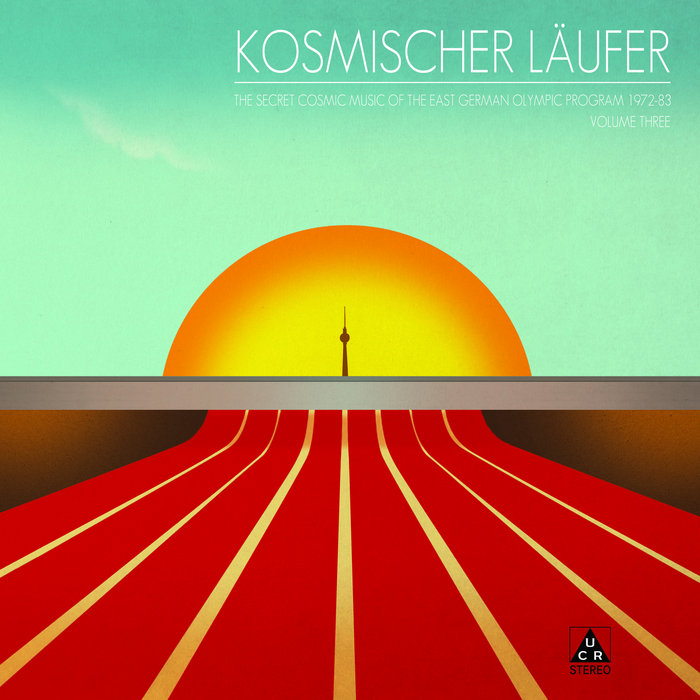
Traum von der goldenen Zukunft (Theme) – Kosmischer Läufer
this blog is GROOVY – check out great Soul, Funk, Jazz, Hip Hop, Bass, Breaks , Reggae, House n many more TUNES
Hey there, music lovers! Get ready to take a musical trip back in time as we dive into the fascinating world of Ostrock. This unique genre emerged from East Germany and is a colorful tapestry woven with rock, pop, and a sprinkle of punk. Dust off your vinyl records because we’re about to groove through history!
Ostrock—short for “East Rock”—is the catchy title for the rock music scene that developed in East Germany (GDR) from the late 1960s until the fall of the Berlin Wall in 1989. Think of it as East Germany’s answer to Western rock but with its own special flair! While many East German musicians were influenced by Western sounds like The Beatles and Rolling Stones, they had to adapt their style within a regime that wasn’t always friendly towards free expression.
In post-war Europe, especially behind the Iron Curtain, life was quite different than in West Germany or other western countries. Musicians and artists faced censorship and strict regulations; however, that didn’t stop them from rocking out! Bands often used clever lyrics filled with metaphorical meanings to subtly critique society while keeping their heads down.
Ostrock flourished throughout the ’70s and ’80s. Bands such as Karat, Puhdys, City, and Electra took center stage. These groups blended classic rock instrumentation with poetic lyrics—think philosophical reflections on love or criticism disguised as romantic ballads.
Karat, perhaps one of the biggest icons of Ostrock, gave us hits like “Über sieben Brücken musst du gehen” (You Must Cross Seven Bridges). It’s an anthem about life’s challenges wrapped up in smooth melodies that’ll make you want to sway!
Did you know that at one point during their career Karat even got mistaken for being another band due to their name? They often received letters meant for an American group also called “Karat,” which just goes to show how globally connected music can be—even across divided nations!
The GDR government recognized that music could influence public sentiment. So they established state-sponsored organizations overseeing musical content while trying hard not to let things get too subversive…which turned out pretty tricky.
Take Puhdys, who frequently performed patriotic songs alongside heartfelt rock ballads. They managed this juggling act so well that many fans ironically dubbed them “the official band” despite sometimes calling out societal issues through coded messages in their tunes.
One legendary tale involves Puhdys’ guitarist who claimed he had found his guitar pick under suspicious circumstances; he jokingly suggested it might have once belonged to Jim Morrison after sneaking backstage at a Doors concert years earlier!
As we cruised into the ‘80s, bands began experimenting more boldly with new styles like synth-pop influences mixed within traditional rock structures—the perfect blend resembling what people were grooving along to across borders!
City’s hit song “Am Fenster” became an iconic staple—it’s almost impossible not singing along if you hear it on any playlist today! This tune beautifully encapsulates feelings of longing while combining powerful instrumentals reminiscent of Western artists—but done gently enough not ruffle any feathers back home!
When protesters took over Leipzig’s Nicolai Church every Monday evening starting in 1989 demanding change…it marked a monumental shift toward freedom—and guess what? Many musicians joined these peaceful protests sharing OST-rock tracks reverberating through streets igniting hope among revolutionaries!
Musician Erhard Senft, part-time drummer for City said he would sneak between gigs riding his bicycle dressed up like Peter Pan just so no one would recognize him when popping into clubs later on…after all those hard practices gotta chill somewhere right?
With reunification came challenges & opportunities alike! Some bands split up looking elsewhere—you’ve probably heard stories about faces suddenly becoming popular again thanks entirely due nostalgia fueled by our intimate connections formed during those impactful years aboard once-‘forbidden’ songs!
Today some original bands reignite old flames performing abroad emphasizing how timelessness has stretched across generations bridging cultural gaps via pure melody vibes uniting folks worldwide regardless geographical divides!!
So there we have it—an exploration tracing roots & grown branches blossoming together over decades forming ostentatiously great soundscapes celebrating resilience creativity community power against oppressive surroundings showing ALL should dance freely without fear!! 🎸💃🕺✨
Next time someone brings up famous music genres don’t forget around corners come hidden gems awaiting discovery waiting beyond familiar borders—just listen closely maybe find YOUR next favorite jam lurking amidst notes echoing intimately saying welcome home every beat!

Traum von der goldenen Zukunft (Theme) – Kosmischer Läufer

In der Stadt und auf dem Land – Kosmischer Läufer